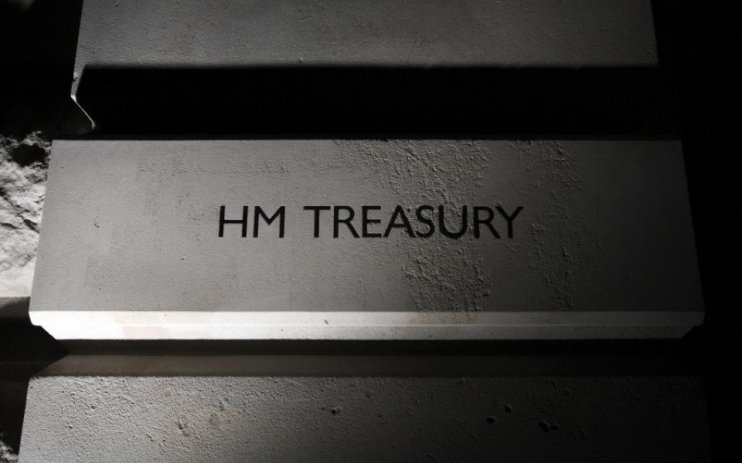Tax cuts don’t ‘cost’ a thing – it’s not the Treasury’s money to begin with

Language matters. So the framing of our debate ahead of the budget – in which every tax cut is described as costing a billion here or a billion there – matters too.
Indeed the acceptance that a tax cut “costs” anything at all is an ill wind for those, like this paper, who think government is generally better smaller than larger.
What is tax? It is the handover of a part of one’s cash to fund the state, the functions and extent of which we battle over at the ballot box.
A tax ‘cut’ involves the government taking less of that cash, which is generated at source not by the Treasury but by the individual going to work, or buying a flight, or engaging in the many basic human behaviours that we are not obliged to pay a levy to enjoy.
So the framing that the Chancellor doesn’t have the money to hand out a tax cut gets the equation back to front; if anything, the issue is that he is spending too much.
The framing du jour implies all the money in the land rightfully belongs to the Treasury – in truth, none of it does.
Such language means that we are only ever left with a ratchet up; a tax hike is said to “raise” money for the Treasury and by implication the country, a cut by implication costing instead.
So we are left with an ever larger, ever growing state. And that, inevitably, leads to a more stunted economy – and a distinctly less prosperous one.